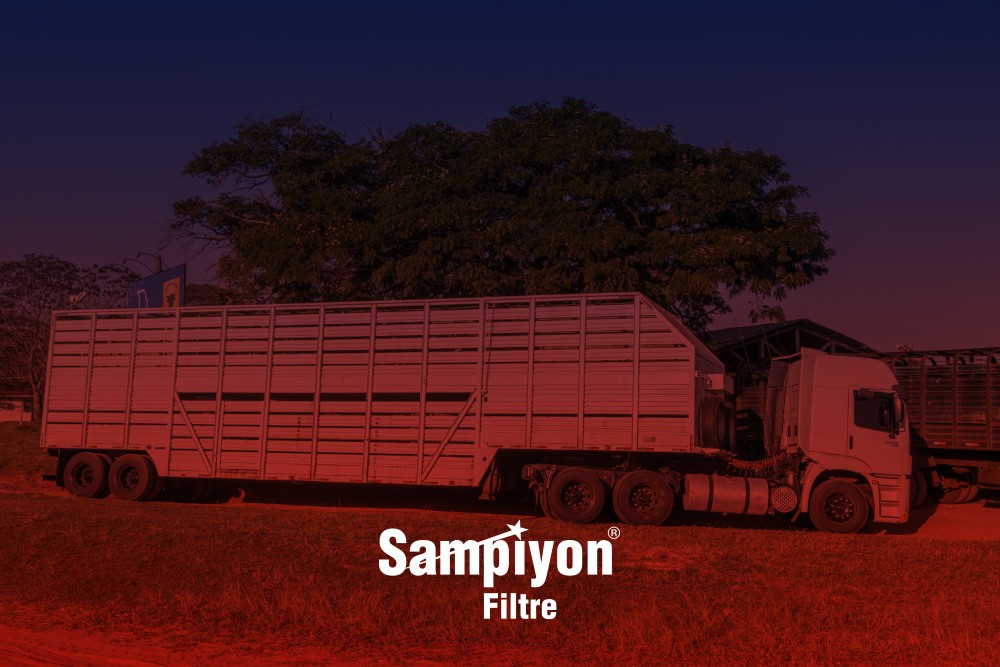
What Is the Difference between Cabin Filter and Air Filter?
When it comes to vehicle maintenance, two filters often get mentioned: the cabin filter and the air filter.April 17, 2024
When it comes to vehicle maintenance, two filters often get mentioned: the cabin filter and the air filter. While they might sound similar, they serve distinct purposes in your car. Understanding the differences between these two can help ensure your vehicle runs smoothly and you breathe clean air inside the cabin. This blog post aims to demystify the roles of the cabin filter and air filter, highlighting their differences for the general reader.
Keeping the Air Inside The Car Clean
The cabin filter, also known as the cabin air filter, is primarily responsible for filtering the air that enters the inside of your vehicle through the heating, ventilation, and air conditioning (HVAC) system. Its main job is to ensure that the air inside your cabin is clean and free from pollutants such as dust, pollen, smoke, and other airborne materials.
Why It Matters?
For passengers, the quality of air inside the cabin is crucial, especially for those with allergies or respiratory issues. A clean cabin filter ensures that the air you breathe is as free from contaminants as possible, enhancing the overall comfort of your ride.
Maintenance Tips
Cabin filters should be replaced regularly, typically every 12,000 to 15,000 miles, although this can vary based on your vehicle's make and model, as well as your driving environment. A clogged or dirty cabin filter can lead to reduced air quality inside the car and may impair the efficiency of your HVAC system.
The Air Filter Protecting the Engine
On the other hand, the air filter is an essential component of your car's engine. It cleans the air that goes into the engine for combustion. This filter ensures that dust, dirt, and other harmful particles do not enter the engine, protecting it from damage and ensuring optimal performance.
Why It Matters
The air filter is crucial for maintaining your vehicle's health and efficiency. A clean air filter allows for a proper air-fuel mixture, leading to better combustion and, therefore, better engine performance and fuel efficiency. Conversely, a dirty air filter can restrict airflow, leading to decreased performance, higher fuel consumption, and increased emissions.
Maintenance Tips
Like the cabin filter, the air filter also requires regular checks and replacements. The general recommendation is to replace the air filter every 12,000 to 15,000 miles, but this can vary. Regular maintenance ensures that your engine breathes easily, maintaining performance and fuel efficiency.
Though they may seem similar at first glance, the cabin filter and air filter in your vehicle serve two very distinct purposes. The cabin filter ensures that the air inside your vehicle is clean and safe to breathe, while the air filter protects the engine from airborne contaminants, ensuring its longevity and efficiency. Regular maintenance of both filters is crucial for your vehicle's health and your comfort, making it an essential part of vehicle care. By understanding the differences and importance of each, you can take proactive steps towards better vehicle maintenance and a more pleasant driving experience.


.jpg)